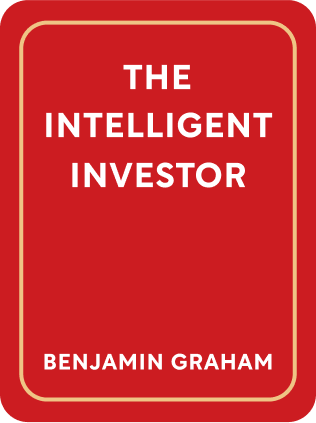

This article is an excerpt from the Shortform book guide to "The Intelligent Investor" by Benjamin Graham. Shortform has the world's best summaries and analyses of books you should be reading.
Like this article? Sign up for a free trial here .
What’s the difference between investment vs speculation? Is one better than the other?
There are a few things to keep in mind when thinking about investment vs speculation. Speculators trade quickly on information and predictions, often selling quickly to move their way up and make money. Investors look at the fundamental value of a stock.
Read more about investment vs speculation in the stock market and what they mean.
Investment vs Speculation
What are investors? The term is thrown about loosely to describe anyone who buys or sells securities in the market. But since many people trade irresponsibly and by their emotions, describing them as “investors” seems too generous. For instance, if the stock market suffers a major drop, the media will report, “investors became bearish and pulled out of the market.” Yet these moments are precisely when sound investors would be buying stocks on the cheap.
Likewise, people describe “speculation” loosely. Yet after a stock market crash, when sentiment is poor and all stocks are considered too risky, they’re often the most attractive for investment.
Offering a more robust definition, Graham defines investment as an operation that, through extensive analysis, provides an adequate return and safety of principal. Everything that doesn’t fit this definition is speculation.
Here’s a breakdown of investment vs speculation.
Speculators trade on market movements of stock price. They buy stocks as they move up, hoping to sell to someone who will pay more for it. When the price goes down, they sell to capture their gains or cap their losses. In all this, they ignore the fundamental value of the stock. (Shortform note: This style of trading is common in day trading, chart reading, and “technical analysis.”)
Investors look at the fundamental value of the stock, independent of the stock price. In fact, Graham suggests that investors should be comfortable buying stock even if they could receive zero future information about its daily stock price. Investors also trade oppositely to speculators—they buy when the market is down, since stocks are cheap. Investors dread bull markets since it makes everything overpriced.
Speculators are swayed by popular opinion. They hear optimistic estimates from analysts and buy stock, without questioning the underlying value. They buy when everyone else is buying, and sell when everyone else is selling.
Investors are independent thinkers. They use a dependable system for decision-making.
Speculators have erratic mood swings, and are impatient. Their feelings govern their behavior, and they don’t act by any methodical, reliable system.
Investors control their psychology through ups and downs. They rely on their dependable framework for decision-making and don’t act impulsively.

———End of Preview———
Like what you just read? Read the rest of the world's best book summary and analysis of Benjamin Graham's "The Intelligent Investor" at Shortform .
Here's what you'll find in our full The Intelligent Investor summary :
- Key advice from what Warren Buffett considers the "best book about investing"
- The 2 major indicators you should use for evaluating stocks
- How you can use aggressive or defensive investing strategies






